The Dua from the Darkness
It begins in a place beyond imagination.
Try to picture it. We are not just in the dark; we are inside darkness itself.
It is a wet, living, moving prison. The air is thick, the walls are flesh,
and the only sounds are the groaning of the creature carrying us
and the terrifying, muffled rush of an ocean we cannot see.
We are at the bottom of the world, in a place no human has ever been, swallowed whole.
This was the reality of Prophet Yunus عليه السلام.
It was the ultimate trap, a confinement where, by any human measure, all hope was gone.
He was unseen by any eye, unheard by any ear.
And from these depths, from this belly of despair, came a sound.
Not a scream, but a whisper of pure realisation.
A du’a that has echoed through time:
لَّا إِلَـٰهَ إِلَّآ أَنتَ سُبْحَـٰنَكَ إِنِّى كُنتُ مِنَ ٱلظَّـٰلِمِينَ
“There is no deity except You; exalted are You. Indeed, I have been of the wrongdoers.”
(Surah Al-Anbiyā’21:87)
And then came the response, swift and merciful:
فَٱسْتَجَبْنَا لَهُۥ وَنَجَّيْنَـٰهُ مِنَ ٱلْغَمِّ ۚ وَكَذَٰلِكَ نُـۨجِى ٱلْمُؤْمِنِينَ
“So We responded to him and saved him from distress. And thus do We save the believers.”
(Surah Al-Anbiyā’ 21:88)
That last line is for us.
It is Allah’s timeless promise for every believer who feels trapped, unseen, or forgotten.
Because are we not all trapped, in our own way?
We may not be in the belly of a whale, but we are in the belly of the dunya. This world, which the Prophet ﷺ called “a prison for the believer and a paradise for the disbeliever” (Sahih Muslim, 2956), is its own kind of confinement.
Our soul, created for a higher purpose and yearning for its Rabb, feels the friction of this material cage. It is a low, constant ache, a spiritual homesickness for a place we have never seen but desperately miss.
We are trapped.
Think of the modern traps, the ones that feel vast and suffocating.
There is the trap of the system. We sit at our desks, the screen’s blue light painting our faces in the quiet of late night. We have poured weeks of our life, hours of our sleep, and pieces of our heart into a project. We did the work. We checked every detail. And then, nothing. The report is submitted into a void. In the meeting, someone else’s name is praised for a lesser task. We feel invisible.
We check our bank account, and the numbers that appear feel like a cold, inadequate exchange for the life we are spending. We feel unrewarded, unseen, and stuck.
There is the trap of the economy. We walk down the grocery aisle. We pick up an item, look at the price, and put it back down. We do the mental math, the constant and draining calculation of what we can afford and what we must sacrifice. The bills on the table seem to grow taller each month, no matter how hard we work. We feel helpless, like a small boat tossed on a huge and impersonal economic sea. We are trapped by numbers we did not create and a system we cannot control.
There is the trap of our own desires. This is perhaps the most intimate and difficult prison. It is the internal battle. The alarm for Fajr goes off, and the weight of the blanket feels heavy. The pull of a harmful habit feels stronger than the pull of iman. The desire for validation, for likes, for the approval of others, chains our actions. We are trapped in a cage of our own making, yearning for freedom yet holding onto the bars.
Prophet Yunus عليه السلام, in his triple layer of darkness, in the belly of the whale, in the depth of the sea, and in the black of night, did not curse his fate. He did not blame the sailors who cast him overboard. He did not resent the whale that swallowed him. He looked inward and spoke the three-part truth that sets us free:
لَا إِلَٰهَ إِلَّا أَنتَ
“There is no deity except You.”
This is the declaration of freedom. It is looking at the walls of our prison and realising they are an illusion. It is saying to the job that defines us, “You are not my ilāh.” It is saying to the economic system that crushes us, “You are not my ilāh.” It is saying to the people whose approval we crave, “You are not my ilāh.” It is whispering to the very desires that haunt us, “You are not my ilāh.”
This phrase cuts the ropes. It removes all other powers from the throne of our hearts and places Allah there. It is the ultimate realignment. It reminds us that our rizq does not come from our boss, our rescue does not come from the system, and our validation does not come from the crowd. Our help, our hope, our everything, comes from the One.
سُبْحَانَكَ
“Exalted are You.”
This is the breath of relief. After declaring His Oneness, we declare His perfection. It is to look at the mess, the injustice, the pain, and the confusion of our trap and say, “You are high above this. You are perfect.”
It means that even if we cannot see the wisdom, we trust it is there. Even if we feel something is unfair, we trust that His justice is absolute. It is the refusal to let our circumstances make us bitter. It is the heart’s way of saying, “My situation is flawed, but You are flawless. The world is broken, but You are perfect.” It is the act of trust that purifies the heart, even while the trap remains.
إِنِّي كُنتُ مِنَ الظَّالِمِينَ
“Indeed, I have been of the wrongdoers.”
This is the key. This is the moment the ego dissolves. It is the hardest and most beautiful part. It is the complete ownership of our own humanity.
It is easy to blame the trap. It’s the system. It’s my boss. It’s the economy. It’s them.
But this dua forces us to look inward and say, “I, too, am part of this. I am the one who wronged my own soul.”
How?
“I was impatient. I despaired. I sought help from others before You. I put my trust in my abilities instead of Your might. I allowed the dunya to fill my heart. I forgot You in my moments of ease. I am the one who has been unjust to myself by turning away, even for a moment, from the only One who can help me.”
This is not self-loathing. This is liberation. It is humility that brings us to our knees, and in doing so, makes us ready to be rescued.
The Prophet ﷺ said, regarding the dua that, “No Muslim supplicates with it for anything, ever, except that Allah responds to him.” (Tirmidhi 3505)
This dua is the complete spiritual journey in one sentence. It is the path out of every prison.
The trap may not disappear overnight. But the moment we recite these words with the sincerity of Prophet Yunus عليه السلام, we are no longer just prisoners. We have transformed our cell.
The belly of the whale became a sanctuary for him.
And our workplace, our home, our car, our quiet room, they become our places of intimate audience with the King.
We are no longer alone in the dark.
We are with the One who heard the call from the depths of the ocean.
وَكَذَٰلِكَ نُنجِي الْمُؤْمِنِينَ
“And thus do We save the believers.” (Surah Al-Anbiyā’ 21:88)
About the author:
Rabiah Tul Adawiyah Mohamed Salleh teaches at the Department of English Language and Literature, AHAS KIRKHS, International Islamic University Malaysia. Her work centers on the intersection of language, faith, and identity, with a focus on the indigenisation of language and knowledge.
Disclaimer
The views expressed in this article are the author’s own and do not necessarily mirror Islamonweb’s editorial stance.

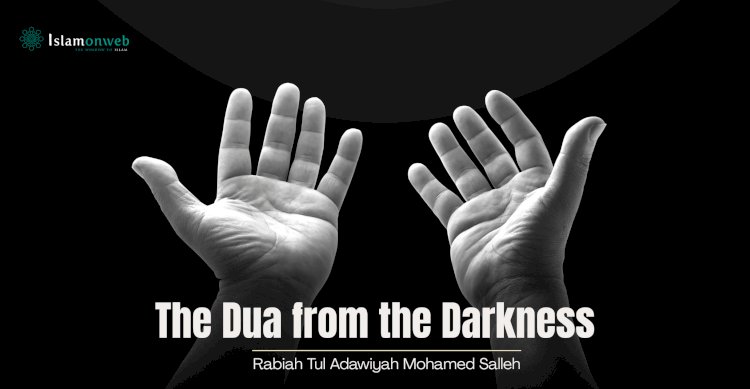


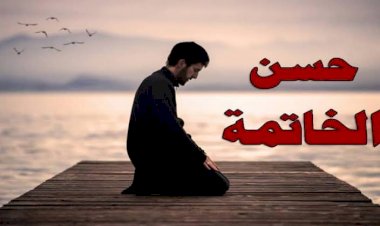
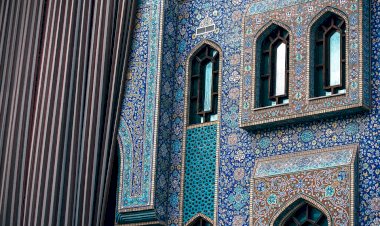
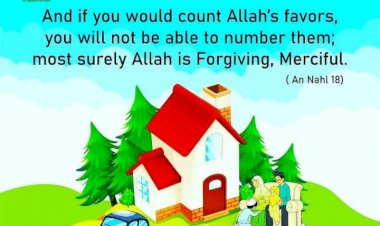
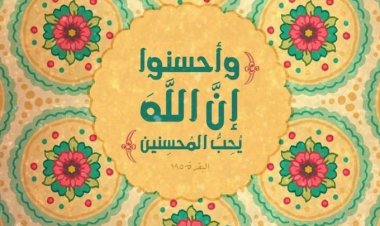
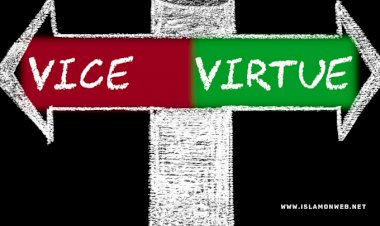
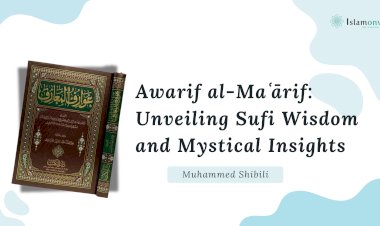














Leave A Comment